Faculty Supervisors
JOHN COOLEY, Ph.D.
Evidence-based assessment and treatment services for children and adolescents with concerns related to bullying/peer victimization/aggression, trauma, oppositional defiance, inattention and hyperactivity/impulsivity, anxiety, and depression; behavioral and cognitive-behavioral therapy approaches.
NICHOLAS BORGOGNA, Ph.D.
Acceptance-based and emotion-focused interventions for anxiety, depression, compulsive
sexual behaviors (such as problematic pornography use), sexual identity issues, religious/spirituality
problems, romantic relationship problems (including couples work), and trauma.
My practicum emphases vary depending on the semester. For the foreseeable future,
I will be offering an Acceptance and Commitment Therapy Practicum and an Emotion Focused
Therapy Practicum alternating each semester that I teach. During summer practicums,
I allow my students the opportunity to operate from any evidence-based theoretical
model they choose.

CAROLINE CUMMINGS, Ph.D.
Evidence-based assessment and treatment of children, adolescents, and emerging adults with chronic or complex health conditions (e.g., overweight/obesity, type 1 diabetes, chronic pain) and general pediatric populations (e.g., sleep disturbances; toileting concerns; behavioral concerns); behavioral and cognitive-behavioral approaches.
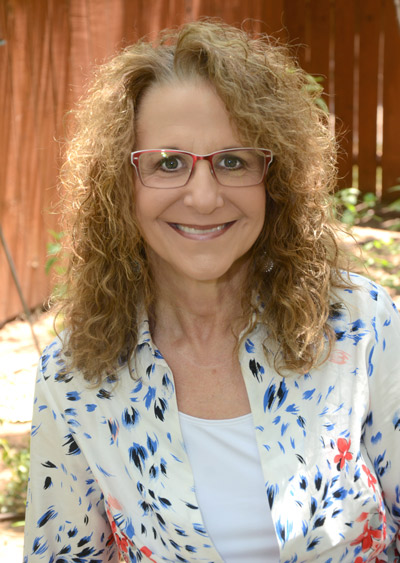
SHEILA GAROS, Ph.D.
Sex therapy, partner/marital therapy, sexuality issues, addiction, general psychotherapy.
Research interests: Sexual behavior, sexual temptation bias, medical patient/partner
health and test development.
I teach a psychodynamic practicum that focuses solely on dynamic theories, interventions
and treatment planning. However, tools from other approaches are utilized when helpful
to the client. Students who take my practicum are taught to think about cases dynamically;
that is, how does the past replicate itself in the present? The therapeutic relationship,
transference and countertransference, defenses, attachment issues, interpretation,
and confrontation are hallmarks of this approach.
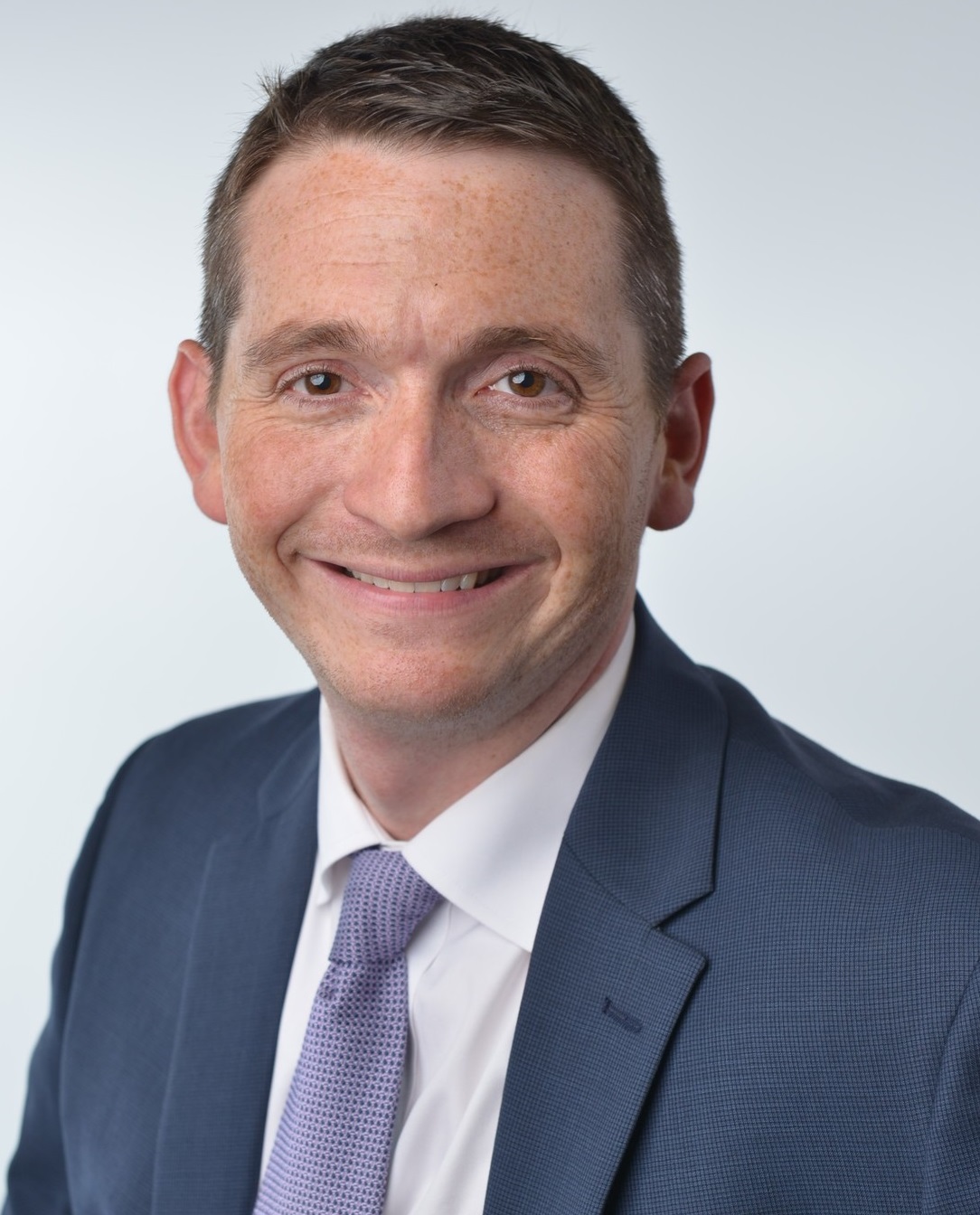
PAUL INGRAM, Ph.D.
Areas of Specialization: Psychological assessment, evidenced-based treatments for trauma and Posttraumatic Stress Disorder (PTSD), Mindfulness and Cognitive-Behavioral Therapies for depression and anxiety, and Veteran/Military populations. Emphasized treatments: Acceptance and Commitment Therapy, Cognitive and Behavioral Therapies
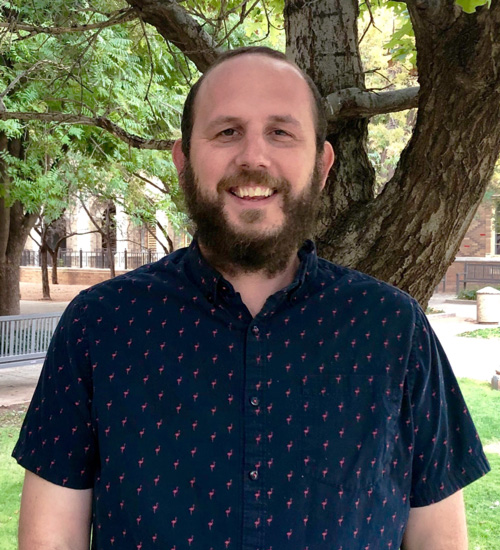
ANDREW LITTLEFIELD, Ph.D.
Behavioral activation for depression, motivational interviewing for substance use disorders, and prolonged exposure for post-traumatic stress disorder.
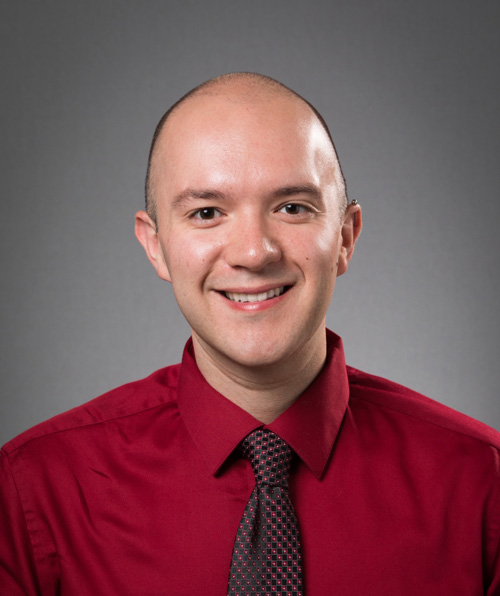
SEAN MITCHELL, Ph.D.
Cognitive-behavioral therapies, mood disorders, suicide risk, and assessment among adult populations and individuals involved in the criminal justice system.

BRANDY PINA-WATSON, Ph.D.
I take an integrative approach to therapy that draws heavily from interpersonal, humanistic-existential, and multicultural perspectives. My primary clinical interests include crisis intervention, and treatment of adolescent and adult populations with concerns such as depression, suicidal ideation and behaviors, anxiety, trauma, gender and sexuality concerns, identity development, as well as familial and relational difficulties. I specialize in the treatment of ethnic minority and other marginalized populations. I supervise adolescent, adult, and couple's cases as well as provide supervision for ADHD evaluations. I also provide supervision to supervisors in training. In practicum, I will offer practicum experiences emphasizing interpersonal process psychotherapy and humanistic-existential psychotherapy (focus will alternate between semesters).
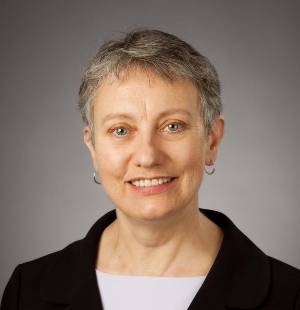
CHRISTINE ROBITSCHEK, Ph.D.
General adult, individual psychotherapy particularly for mood disorders, vocational issues, and trauma, integrating evidence-based positive psychology conceptualizations and interventions within other evidence-based treatment approaches.
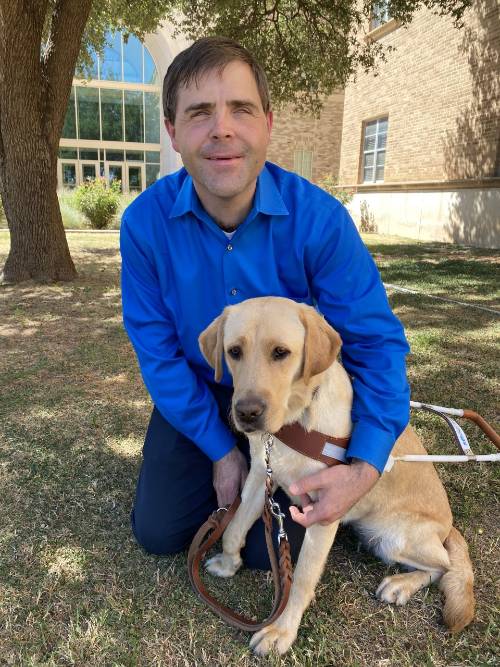
ADAM SCHMIDT, Ph.D.
Dr. Schmidt has expertise in neuropsychological and psychological assessment across the lifespan (ages 3-90+). He supervises neuropsychological assessments for children, adolescents, and adults for conditions such as ADHD, learning disabilities, anxiety / depression, neurodevelopmental disorders including autism spectrum disorders and childhood epilepsy, disruptive behavior disorders, traumatic brain injuries / concussions, pediatric and adult cancer including brain tumors, intellectual disabilities, dementia / mild cognitive impairment, and neuro-immune syndromes. He also supervises therapy cases and employs a variety of empirically supported treatment approaches for child, adolescent, and adult clients.
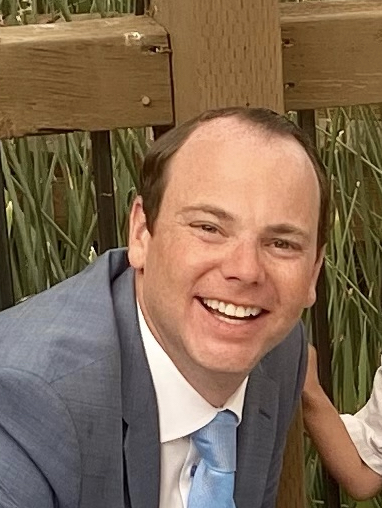
JONATHAN SINGER, Ph.D.
Evidence-based treatment for individuals with life limiting illnesses (e.g., cancer; dementia; heart failure; stroke), their family members, and individuals following a loss (e.g., death; job loss; divorce; retirement). Assessment of cognitive functioning, intellectual disabilities, and developmental disabilities in children, adolescents, adults, and older adults. Modalities include but are not limited to cognitive behavior therapy, behavior activation, mindfulness-based stress reduction, mindfulness-based cognitive therapy, and meaning centered psychotherapy.
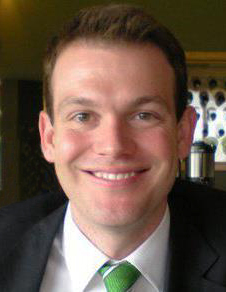
JASON VAN ALLEN, Ph.D.
Treatment of child and adolescent health behavior problems, including weight-management, sleep difficulties, medication/medical adherence, adjustment to chronic illness, and encopresis/enuresis; general child and adolescent mental health treatment, including depression, anxiety, behavior problems, PTSD, and ADHD, among others. Assessment of learning disorders, ADHD, and general cognitive functioning in children, adolescents, and adults.
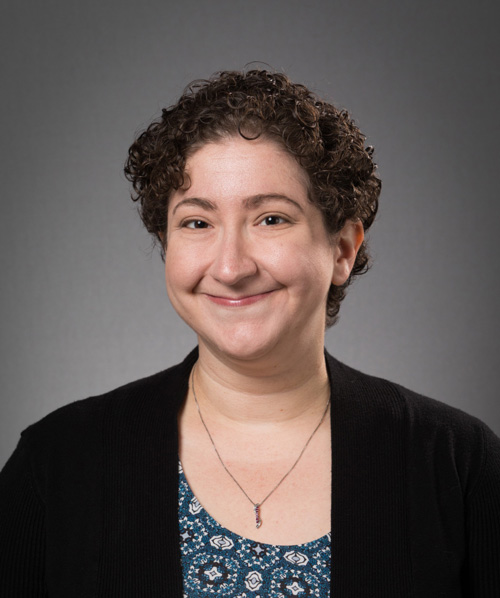
SARAH VICTOR, Ph.D.
Diagnostic assessment, individual and group psychotherapy, and crisis intervention with adolescents and adults; cognitive-behavioral and dialectical behavioral therapy approaches; severe mental illness, non-suicidal self-injury, and suicide.
Contact Us
Telephone: (806) 742-3737
Fax: (806) 742-3799
Email: psychology.clinic@ttu.edu
Address:
Texas Tech Plaza
1901 University Avenue
Room 103
Lubbock, Texas 79410
Mailing Address:
TTU Psychology Clinic
Box 42051
Lubbock, TX 79409-2051
Psychological Sciences
-
Address
Texas Tech University, Department of Psychological Sciences, Box 42051 Lubbock, TX 79409-2051 -
Email
kay.hill@ttu.edu
